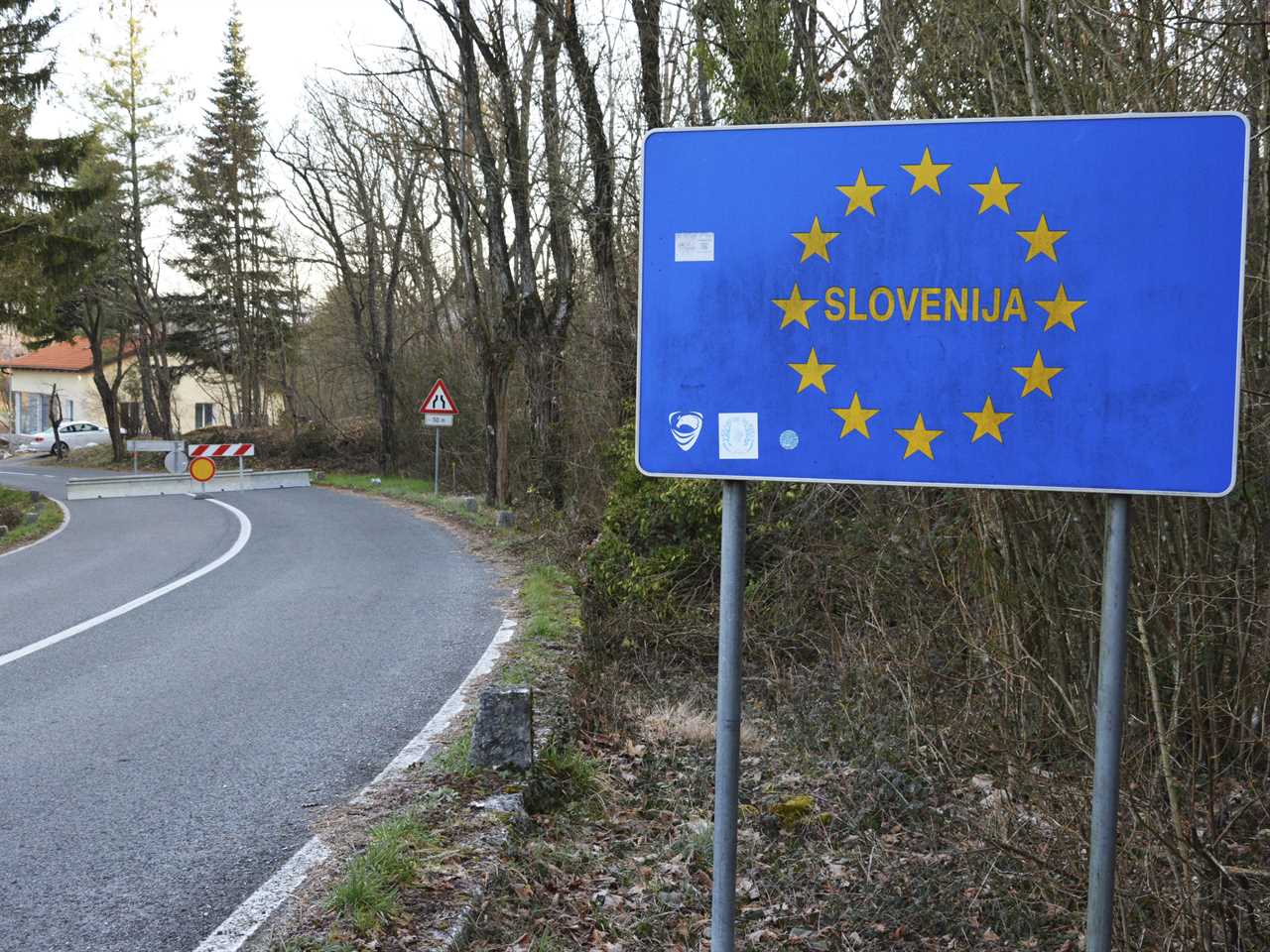On July 1, Slovenia took over the six-month rotating presidency of the EU Council from Portugal. The country’s priorities range from strengthening the European Union’s strategic autonomy, climate protection, and promoting the rule of law and stability of the Western Balkans.
These are important and significant objectives, but doubts are warranted on some points: 1) How will the Slovenian government commit to EU climate protection goals when Prime Minister Janez Jansa has repeatedly expressed doubt that global warming is man-made?
“We want a European Union that is based on the respect for human dignity that protects human rights, including freedom of speech, which is increasingly under threat,” he writes in welcome on the homepage of Slovenia’s EU Presidency. Yet, this is the same politician who regularly berates journalists, especially those from Slovenia, but Jansa also recently attacked on Twitter a journalist from the Brussels magazine Politico who reported on the government’s increasing pressure on the local Slovenian media, saying she was earning her living by spreading lies. Jansa also accused a German ARD correspondent of censorship in the style of the Soviet newspaper Pravda because of a critical article on the media situation.

epa08423241 (FILE) – A view of the closed border crossing of Monrupino, between Slovenia and Italy, 12 March 2020 (reissued 15 may 2020). The Slovenian government on late 14 May called an end to the coronavirus pandemic within the country. According to media reports, Slovenian Prime Minister Janez Jansa told parliament that the country currently has ‘the best epidemiologic picture in Europe’. EPA-EFE/MICOL BRUSAFERRO
In 2018, as the opposition leader, he insulted two female journalists from Slovenian state television as “worn-out prostitutes”. “Marshal Tweeto”, as Jansa is derisively called because of his many Twitter messages, was already criticized by the EU’s Commissioner for Fundamental Values Vera Jourova last for spreading “hatred and threats” against journalists. Jansa has probably forgotten that he once wrote critical reports on corruption in Yugoslavia for the Slovenian youth magazine “Mladina” and was imprisoned for his outspoken views of the Yugoslav Communist Party in 1988.
The member of the Christian Democratic party family of the EPP has recently also put massive pressure on Slovenia’s state press agency STA by cutting off financial support. According to Jansa, STA has not reported positively enough about him and his government. Since then, the agency, which employs around one hundred people, has been fighting for survival via crowdfunding.
Not only for international journalist organizations, but Slovenia’s government has also flirted with the authoritarian path taken by Hungary and Poland. Therefore, his promise to defend “European fundamental values” in the next six months is not convincing. As Council President, he wants to work for “a credible and secure European Union that can guarantee security and stability, especially in its neighborhood”. To this end, a Western Balkans summit is to be held in Slovenia.
But his fight for a stronger Europe is overshadowed by his strange solo foreign policy initiatives. In November 2020, he was the only EU head of government to congratulate Donald Trump on his claim that he had won re-election and even criticized ‘the mainstream media” for disregarding Trump’s false claims.
 UK PoliticsWorld PoliticsVideosPrivacy PolicyTerms And Conditions
UK PoliticsWorld PoliticsVideosPrivacy PolicyTerms And Conditions
